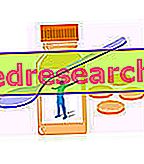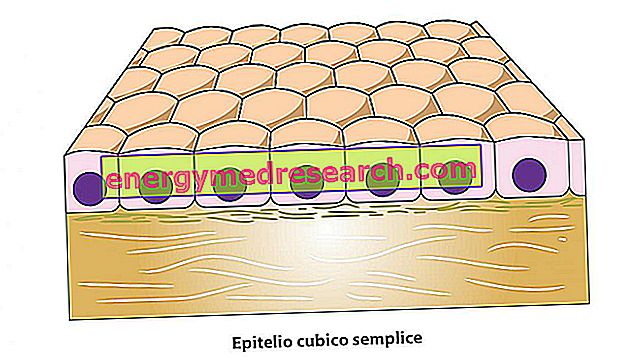
Food infections are caused by the ingestion of foods contaminated by various pathogens .
If the disease is caused directly by the presence of an often high number of microorganisms in a food, it is called food poisoning . When it is due to the toxins produced by the germs in the food, however, we speak of intoxication . Depending on the case, they manifest themselves with nausea, vomiting, diarrhea, fever, skin reactions, weight loss and dehydration.
Intestinal viruses and Salmonella are the most common toxinfection agents; the most frequent intoxications, however, are those due to toxins of the Staphylococcus aureus and Bacillus cereus bacteria . The Clostridium botulinum deserves a separate discussion, responsible for the most serious (but fortunately not frequent) food poisoning: botulism . Food and beverages can also be vehicles for the transmission of many infectious diseases, which can sometimes give rise to serious epidemics, such as cholera, type A viral hepatitis, typhoid and paratyphoid.



